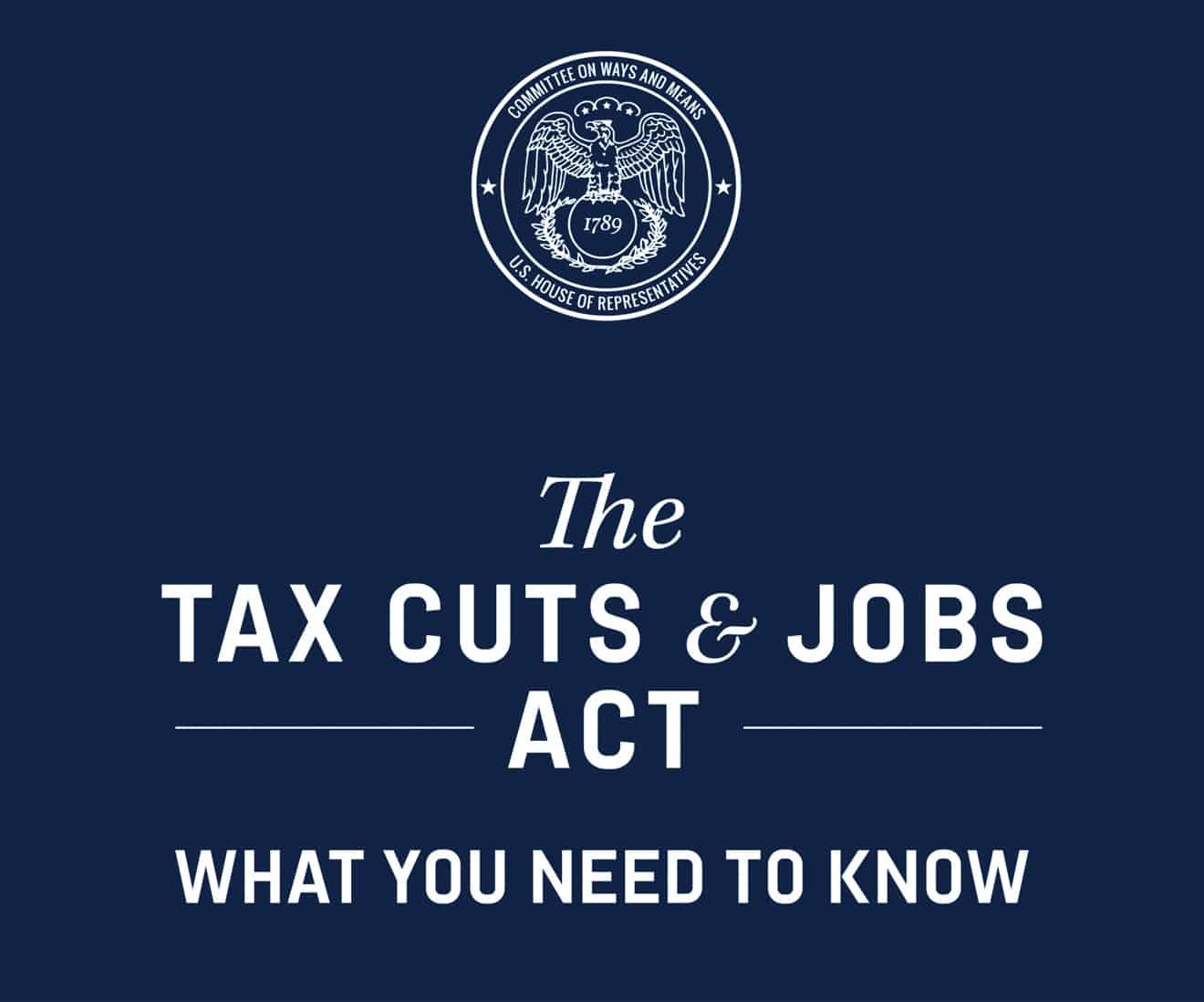By Jerry Love, Director of Planned Giving
By now most people know about the Tax Cuts and Jobs Act passed by congress in the latter days of 2017.
However there may still be a lack of information, confusion or misinformation that needs to be addressed. The Louisiana Baptist Foundation assists individuals with gifts that support Baptist ministry which can impact the tax picture of the donor.
We attempt to stay abreast of changes in the US tax code, particularly as it relates to charitable giving. Here are some highlights:
Business Tax Reform – Without going into the depths of corporate tax changes, the reduction of the corporate tax rate from 35% down to 21% it is already adding to personal pocketbooks. During January several companies, including Wal Mart, announced an increase in their base wages and other salaries. Other companies such as Apple and AT&T have announced one time bonuses for employees to share their tax savings.
In addition a number of corporations have announced expansion of their workforce with several announcing the return of overseas operations to US soil. All these situations can be an encouragement to workers and allow them to give to ministry for the first time or increase the amount they have been giving.
Individual Reform – There are a number of changes that will decrease the tax burden of most people.
Change in Tax Rates – Most if the rates for individuals and families have been adjusted favorably with the range of the bracket adjusted as well. There are some exceptions but a large number of people will pay a lower percentage based on the new rate structure. To take a peek at the new numbers, a quick internet search for 2018 Tax Brackets will give you plenty of options. One that can be easily found is at bankrate.com and search for ‘tax brackets.’
Charitable Deduction – The question in our circles that is most asked is “did the charitable deduction go away?” The easy answer is “no.” Most deductions remain intact including the charitable deduction, the mortgage interest deduction and the deduction for state and local taxes. However the cap on mortgage interest is lowered from 1 million of mortgage debt down to $750,000.
Also interest on second homes is no longer deductible. The other limitation on deductions for 2018 is a cap of $10,000 on state and local tax deductions. There are other tweaks to deductible items but deducting expenses of medical costs, tuition, teacher spending have been retained.
IRA Charitable Rollover – the ability to make charitable gifts directly from an IRA is still available for those age 70 ½. This provision was initially enacted in 2006 and made permanent in 2015. The current changes do not affect this.
Increase of the Standard Deduction – This is the one change that will affect every person who has taxable income. The standard deduction will nearly double under the new tax law. Individuals can now claim $12,000 as a deduction with joint filers claiming $24,000 without itemizing deductions. This will mean many people will not use their charitable deduction and other deductions mentioned above IN FAVOR OF THE NEW HIGHER STANDARD DEDUCTION.
Personal Exemption is no longer – This exemption amount allowed per person within a household has been eliminated. While this will likely affect some larger families, the other changes in tax rates and the standard deduction will likely offset the loss of the personal exemption.
For the Families – The Child Tax Credit will double from $1000 up to $2000. Also tax-advantaged “529 Plans” (also called college savings or qualified tuition plans) have been expanded to include K-12 schools and homeschooling expenses, helping families pay for education options other than public schools.
Quick hits
The tax rates for capital remain the same at 15% and 20%.
Estate tax remains but with a higher exclusion. Roughly the first 11 million dollars of a person’s estate is excluded from taxes.
Home equity loan interest, moving expenses, other miscellaneous No longer deductible; Casualty/theft losses are limited.
There are other changes in the new tax law but have less impact on the population as a whole. As always, check with your tax advisor to see what provisions impact you and your personal situation.
Two parting items: the new provisions of the Tax Cuts and Jobs Act took effect on January 1, 2018 but do not affect the current tax filings for 2017. Also keep in mind that the changes will “sunset” or expire by 2025 unless Congress takes further action. It’s important to stay informed in the coming years.




